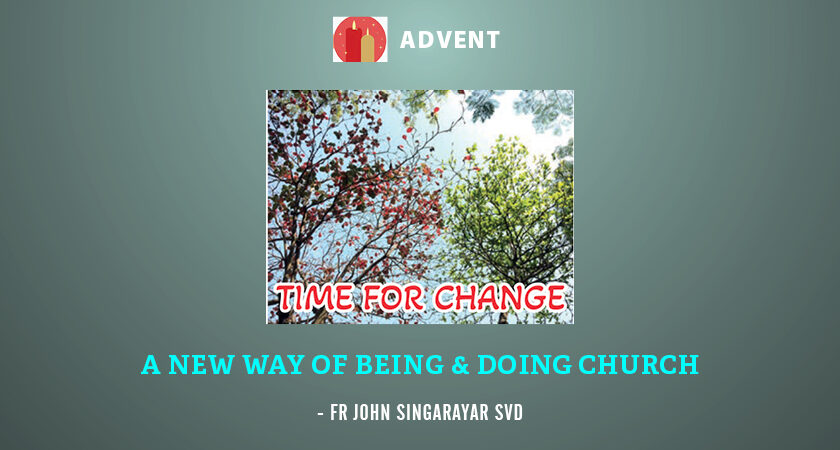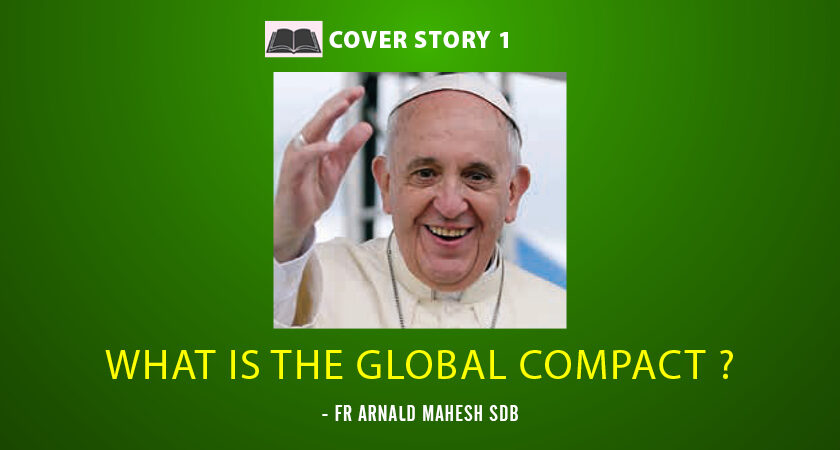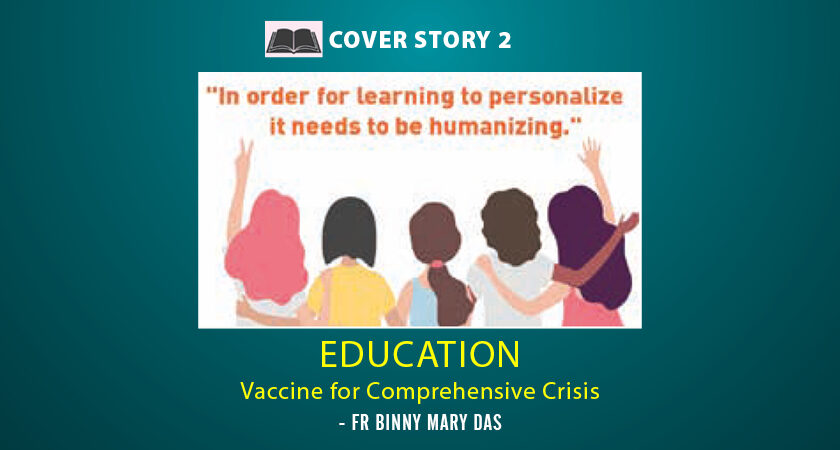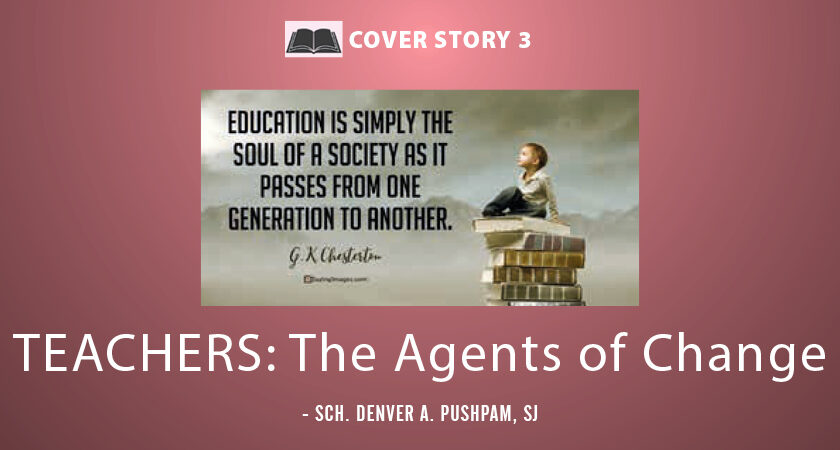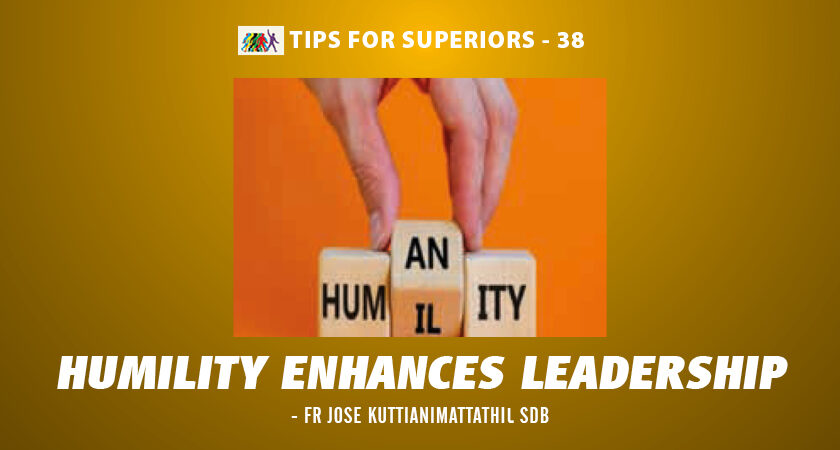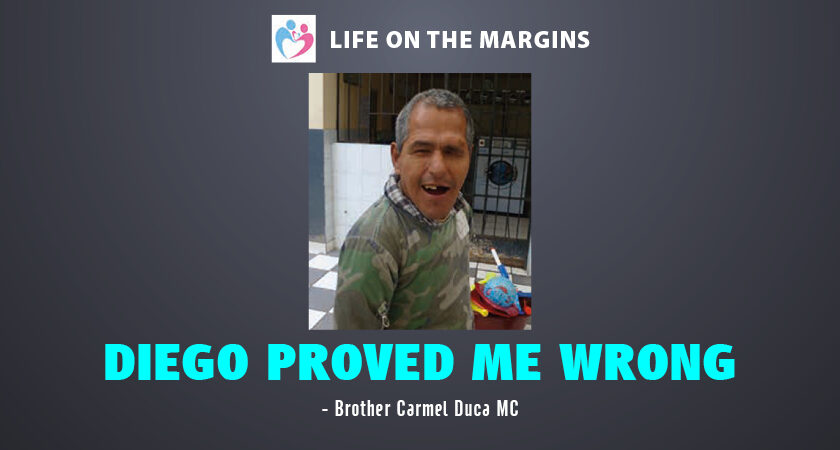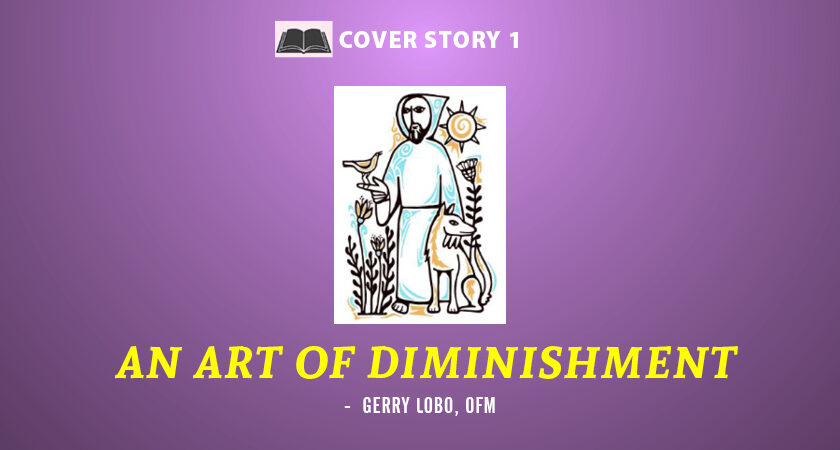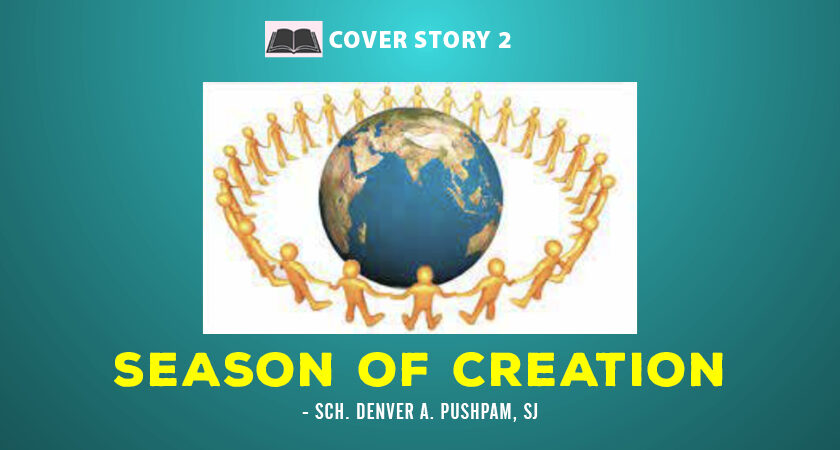About two years before his ordination, this seminarian who belonged to the Holy Cross Congregation, was diagnosed with advanced tuberculosis. He had to be in the hospital for months. After a year the doctors told him he had only two options. He could have surgery, which was risky and did not guarantee a cure. What do you think was the other option? Prayer.
He had a wise mentor, Fr Cornelius Hagerty, of the Holy Cross Congregation. He urged the gravely sick seminarian to pray to our Blessed Mother. “What she asks for and insists on she always gets. She has never failed anyone who went to her with faith and perseverance.” The seminarian started praying the Rosary which had been a part of his life when he grew up.
After a week of ardent prayer, the seminarian surprised the doctors by declaring he had been cured. They examined him and were astounded to find he had indeed been cured. So his priestly formation continued and he was ordained, along with his older brother, on 15 June 1941. “That day I gave my heart and soul in love to Mary,” he said. He was Fr. Patrick Peyton, who came to be known around the world as ‘The Rosary priest’.
FR M.A. Joe Antony SJ
To read the entire article, click Subscribe

